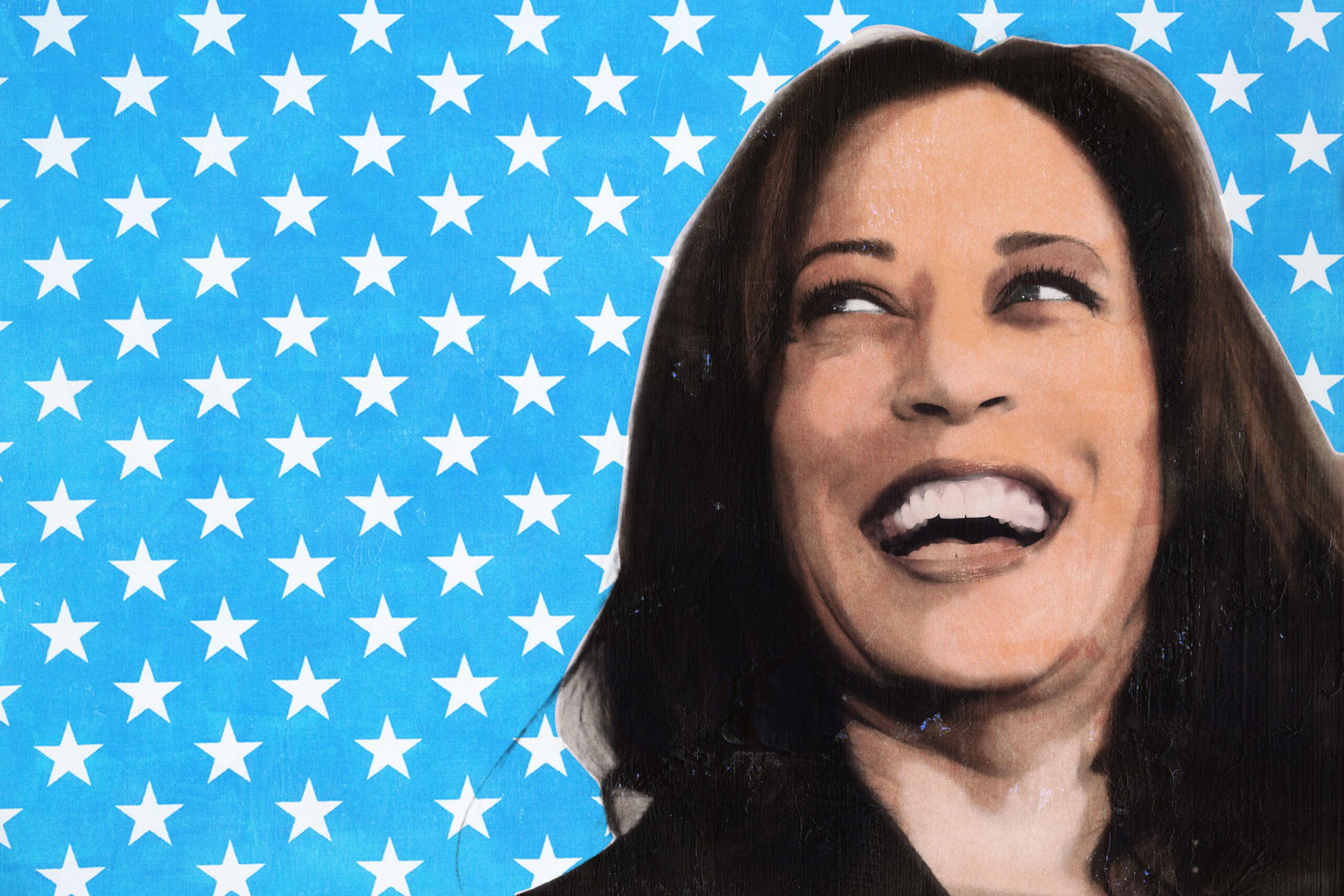
On Monday—Martin Luther King Jr. Day—Kamala Harris announced her 2020 presidential campaign in an interview with Good Morning America. “I’m running for president of the United States, and I’m very excited about it,” she told GMA anchors Robin Roberts and George Stephanopoulos. The interview was a teaser; the first-term Democratic senator from California will launch her campaign with more formal remarks at a rally in Oakland on Sunday. Who knows how many more Democrats will announce their presidential candidacies between now and then? Already, there are eight in the running. The peak season—the last few months of 2019 leading into the primary elections themselves—may well feature more than 20 Democrats sharing a single, crowded stage in the televised primary debates. It promises to be a fiasco. It will also be a forum for the country’s polarized arguments about diversity and identity politics. It’s become nearly impossible to talk about the contenders emerging in the Democratic field without foregrounding their race and gender as their primary credentials. The Democrats need to maximize black turnout. Kamala Harris is black. Perhaps the Democrats should nominate her.
Harris is the first black candidate to declare. She announced her campaign on MLK Day to underscore her credibility with black voters: Harris is a Howard University graduate of Jamaican and Tamil heritage. In declaring her candidacy, Harris precedes another black politician, Cory Booker, the New Jersey senator and former superstar mayor of Newark, who will most likely seek the Democratic presidential nomination, too. Their candidacies are notable in Democratic circles for the debate over their left-wing bona fides. Harris has espoused some unfounded and unfashionable faith in U.S. policing—“Virtually all law-abiding citizens feel safer when they see officers walking a beat,” she wrote 10 years ago—and she’s defended some regressive policies regarding transgender inmates in her former capacity as California’s attorney general. Booker is among Wall Street’s favorite members of Congress, if campaign contributions are any indication. At the same time, Harris and Booker’s candidacies are notable for their respective demographic elements. Booker is black. Harris is black, Tamil, and a woman. Harris joins Elizabeth Warren, Kirsten Gillibrand, and potentially Amy Klobuchar among several prominent female candidates competing for their party’s presidential nomination.
There are going to be a lot of Democrats running for president, and while it’s tempting for weary political observers to insist that there are, in fact, too many candidates, there are also more women and more minorities running than ever before. In 1972, there was only Shirley Chisholm. In 1988, Michael Dukakis defeated Jesse Jackson for the Democratic nomination. Twenty years later, Barack Obama and Hillary Clinton turned the 2008 Democratic primary into a referendum on the party’s credibility among black voters and women, respectively. In 2016, Hillary Clinton came closer to winning the presidency than any woman in history. In 2020, the Democratic presidential field will mercifully spare its voters the indignity of a single candidate having to represent, and thus tokenize, one distinct demographic contingent—though Harris will be the only black woman running, and so her candidacy is indeed unique.
The nascent 2020 primary season is one theater in a broader culmination of ideas within the Democratic Party. The 2018 midterms yielded the most diverse freshman class in the history of Congress, and the 2020 Democratic primary will feature more women and more non-white candidates than all previous presidential cycles combined. The 2018 elections mostly favored Democratic candidates, and so a secondary narrative about party diversity emerged. The Democratic freshmen included a new generation of women and non-white politicians. The Republican freshmen predominantly consisted of white men. The demographic disparity between the two parties amounts to a divergence in outlook. The Democratic Party tends to consider diversity among its candidates as an important reflection of the country, the party, its priorities, and its interests. The Republican Party tends to regard diversity as a frivolous, disingenuous concern designed largely to antagonize conservatives and white people in general. The 2016 GOP primary was a relatively diverse and very crowded field, and ended with the nomination of Donald Trump, who has cultivated a white nationalist fandom. Discussions about these trend lines, and fault lines, tend to flatter Democrats and lampoon Republicans, and amount to a sort of identity politics (at least in the sense that conservatives have weaponized “identity politics,” as a term, to trivialize all uncomfortable discussions about race and gender).
But Democrats need white voters, too. Eventually, Joe Biden will announce whether or not he’s running in 2020. If it’s not Biden, then it will be Bernie Sanders. If not Bernie, then Beto O’Rourke. Between them, they are an old-school centrist, an old-school socialist, and a youthful centrist: three very different politicians who are nonetheless summarized as the white, male candidates running at a time when there are, for once in 220 years, a diverse array of people to choose from to defeat the world’s leading xenophobe. Biden is, supposedly, the last white hope: The former vice president leads Trump by five points in some polls, and he leads the rest of the potential Democratic field by double digits in overall favorability. The Democratic Party is desperate to turn out women, blacks, and Latinos in the 2020 general election and beyond. The party is also desperate to produce a nominee who is capable of overriding Trump’s popularity, incomparable and unchallenged within the Republican Party, among white voters. Biden is popular, and he is safe. Harris is conventional in so many regards—she’s among the more centrist candidates in the Democratic field. She’s also a black woman, and that will be the first and last thing so many pundits and voters will bother to know about her. For now, at least.

